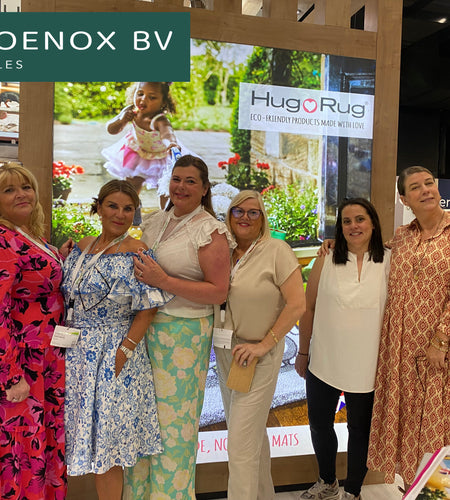The homewares market in the UK is undergoing a significant shift as consumers increasingly demand sustainable products that align with their values. Companies and trade bodies are recognising the importance of sustainability, and many businesses are taking steps to reduce their environmental impact.
Importance of Sustainability in the Homewares Market
The homewares market is responsible for a significant amount of landfill waste in the UK. A report by The Guardian found that 25% of landfill waste in the UK comes from the homewares sector.
As consumers become more aware of the environmental impact of their purchasing decisions, they are demanding more sustainable products. According to a survey by PwC, 58% of UK consumers consider sustainability when purchasing homeware products, and 68% are willing to pay more for sustainable homeware products.
Companies and Trade Bodies Leading the Way
Companies and trade bodies in the homewares market are recognising the importance of sustainability and taking steps to reduce their environmental impact.
At Phoenox Textiles, we've taken many steps to reduce our environmental impact over the years. This includes measures to reduce our carbon footprint, including installing solar panels, upgrading our lighting system, and implementing a waste reduction program. We have also continued to use eco-friendly fabrics, such as recycled polyester cotton, in our product range.
According to experts at market-leading consultancy companies, sustainability is becoming increasingly important for businesses.
As Ram Ramachander, CEO of Hitachi ZeroCarbon and chief digital officer of Hitachi Europe notes, “Before, climate change was about doing the right thing. Now it’s just good business, whether you’re thinking about share valuation or moving your business toward building a new, green infrastructure.”
Growth of the Ethical Retail Market in the UK
The ethical retail market in the UK has grown significantly in the last 20 years. According to a report by Ethical Consumer, the UK ethical retail market was worth £41.1 billion in 2019, up from £6.9 billion in 1999. The same report found that the ethical market share of total retail spending in the UK has increased from 2.9% in 1999 to 9.2% in 2019.
Final thoughts
In conclusion, sustainability is a critical concern for consumers in the homewares market in the UK. Companies and trade bodies are recognising the importance of sustainability and taking steps to reduce their environmental impact. The growth of the ethical retail market in the UK demonstrates the increasing demand for sustainable products. Companies that prioritise sustainability will not only meet consumer demand but also position themselves for long-term success in the modern economy.




